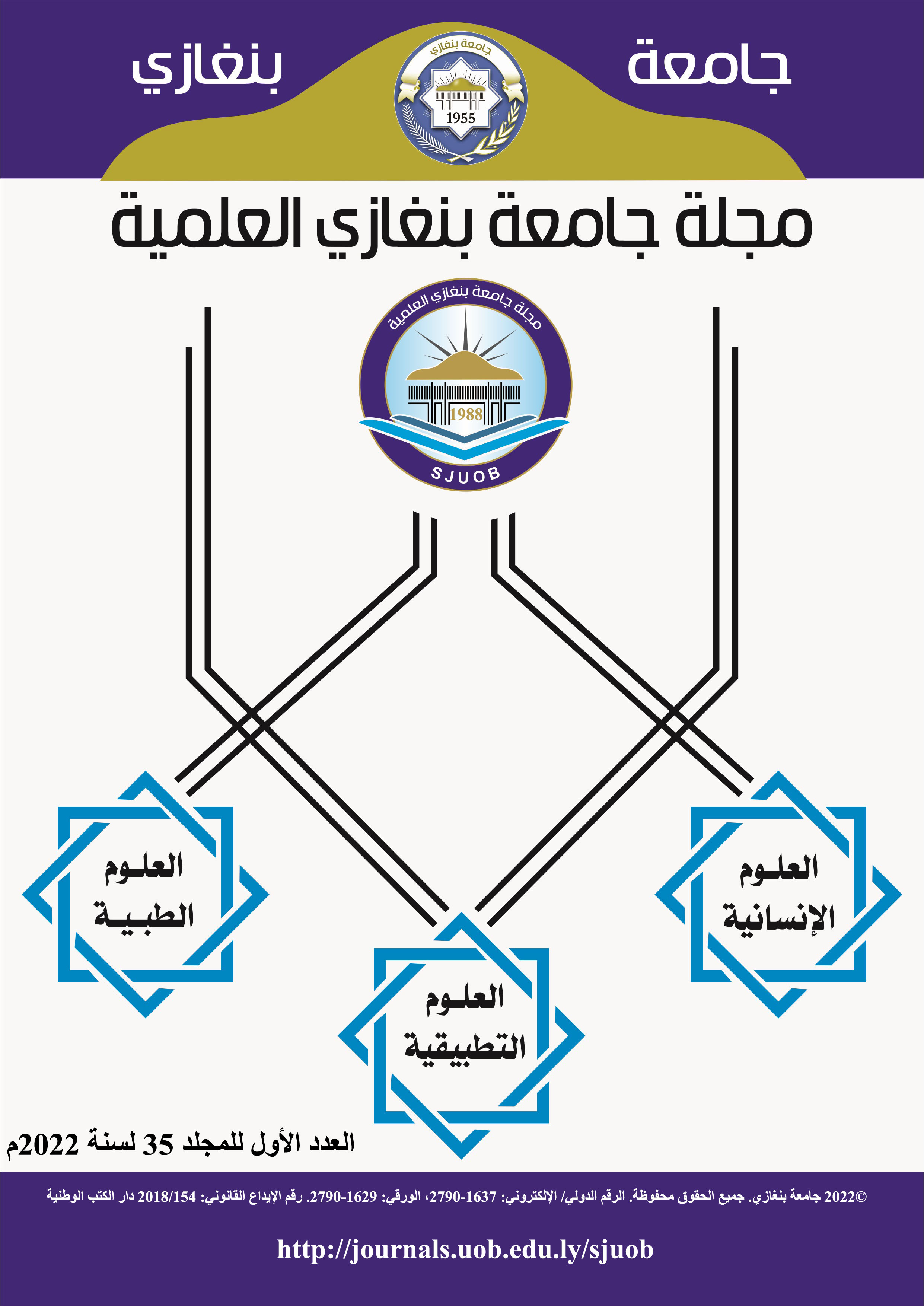واقع قطاع النقل البحري في ليبيا " دراسة تحليلية باستخدام نموذج القوى الخمسة لبورتر"
DOI:
https://doi.org/10.37376/sjuob.v35i1.3246Keywords:
maritime transport sector, porter's five-power model, economic development.Abstract
The objective of the study was to analyse the realities of the maritime transport sector in Libya by using Porter's five-power model in order to identify the most important challenges facing the sector. Additionally, the study aimed to present an aspiring vision to develop and improve the aforementioned sector, in order to arrive at a set of recommendations that would contribute to that end, as it is important for the development and revitalization of other economic sectors and the creation of jobs.
The continuity of this sector constitutes an inexhaustible resource, unlike oil, particularly since Libya is located on the most important sea, in addition to the large volume of its trade with the world and its diversity, which enhances the importance of the shipping sector.
The study found that the lack of interest in this sector and viewing it as a dependent activity weakened its economic significance, as this activity was associated with public ownership which lacked the essentials of success and contributed to the weakening of the private sector. This resulted in low competitiveness in the sector (private and public) at the domestic, regional and international levels, thus excluding the national fleet (both owned and leased) and allowing the hegemony of foreign fleets to transport Libya's exports and imports.
The paper attempted to develop some recommendations that would advance the sector.
Downloads
Downloads
Published
How to Cite
Issue
Section
License
Copyright (c) 2022 The Scientific Journal of University of Benghazi

This work is licensed under a Creative Commons Attribution-NonCommercial-NoDerivatives 4.0 International License.



















